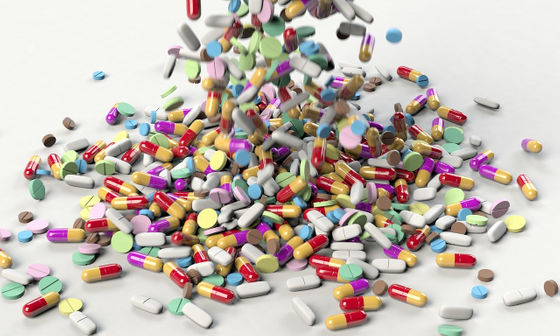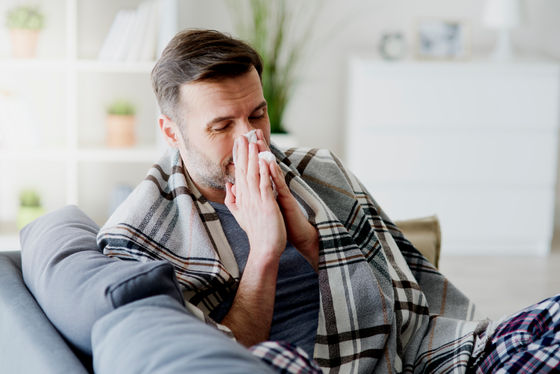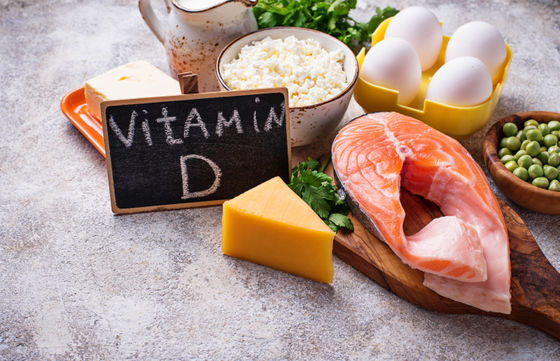There is no evidence that 'a large amount of vitamin D is effective for measures against new coronaviruses', and there are also concerns about side effects

Vitamin D and SARS-CoV-2 virus / COVID-19 disease | BMJ Nutrition, Prevention & Health
https://nutrition.bmj.com/content/early/2020/05/15/bmjnph-2020-000089
High doses of vitamin D supplementation has no current benefit in preventing or treating COVID-19 --Science Daily
https://www.sciencedaily.com/releases/2020/05/200521104641.htm
Vitamin D is one of the essential nutrients that regulates the concentration of calcium and phosphate in the body and plays an important role in maintaining body tissues such as bones, teeth and muscles. One study that looked at this vitamin D and COVID-19 found that taking high doses of vitamin D well above the adult tolerable upper limit of 4000 IU per day reduced the risk of infection. There are some things that are said to be possible.

However, a research team of Professor Susan Lanham-New, who is the dean of the College of Nutrition at Surrey University in the United Kingdom, examined the contents of these studies in detail and found that high doses of vitamin D prevent COVID-19 or prevent it. I couldn't find any evidence of treatment. Therefore, the research team concludes, 'At present, the alleged recommendation for an overdose of vitamin D cannot be based on studies that have properly investigated this field.'
Professor Lanham-Neu said on proper intake of vitamin D, 'Yes, keeping adequate levels of vitamin D in the body is essential for general health. If too little,
In addition, the research team also conducted a close examination of studies linking infectious diseases other than COVID-19 such as influenza to vitamin D. These studies have indeed shown that low vitamin D levels are associated with acute respiratory infections. However, such research cannot be applied to the nutritional status of people living in developed countries because it has the limitation that it is mainly based on data collected from developing countries. As a result, the research team believes that 'the intake of vitamin D and resistance to infectious diseases have not been linked so far'.

`` We get most of our vitamin D from sunbathing, but Caroline Greig, who is studying musculoskeletal function and disease at the University of Birmingham, says that if she can't get enough sun exposure due to restricted travel, , An adequate supply of Vitamin D becomes a challenge. In these cases, supplementation with Vitamin D is recommended, but it must be based on the doctor's instructions and appropriate guidance. '
Judy Batris, co-author of the paper and Secretary-General of the British Nutrition Foundation, said about the proper intake of vitamin D: `` We use 10 micrograms per day based on guidance from the British Dietetic Association (BDA). It is recommended that you consider taking Vitamin D supplements from, which is for the winter months of October-March, but is effective year-round under restricted travel, and when taken from the diet Keep a balanced diet that includes fish, lean meat, egg yolk, and breakfast cereals supplemented with vitamin D. '

Related Posts:
in Science, Posted by log1l_ks







